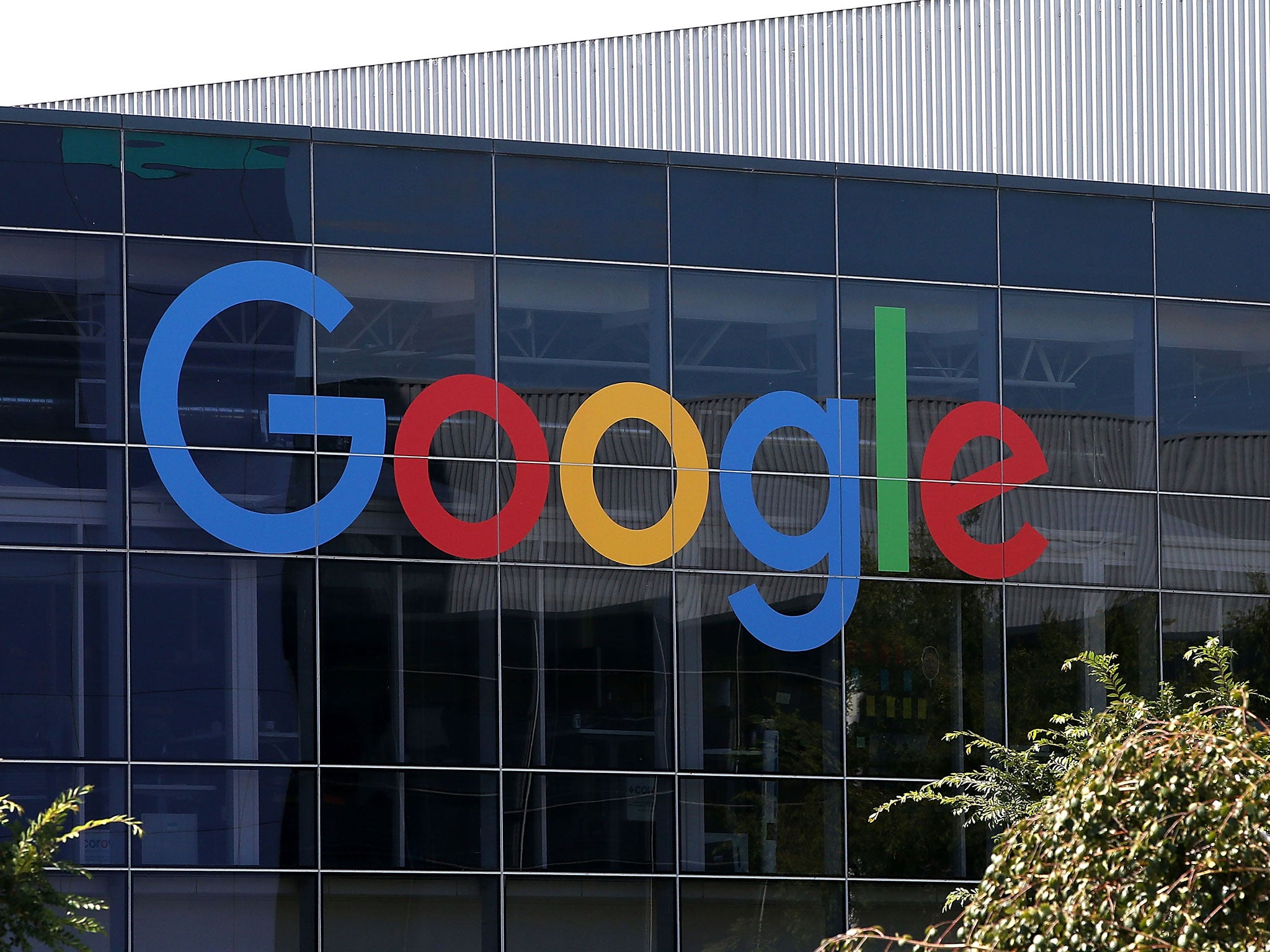Here's the bill we need to stop multinationals like Google getting away with daylight tax robbery
The problem is not confined to Google. Facebook with a mere $17.9billion global revenues in 2015, paid only £4,327 tax to HM Revenue & Customs in 2014. We need change

Your support helps us to tell the story
From reproductive rights to climate change to Big Tech, The Independent is on the ground when the story is developing. Whether it's investigating the financials of Elon Musk's pro-Trump PAC or producing our latest documentary, 'The A Word', which shines a light on the American women fighting for reproductive rights, we know how important it is to parse out the facts from the messaging.
At such a critical moment in US history, we need reporters on the ground. Your donation allows us to keep sending journalists to speak to both sides of the story.
The Independent is trusted by Americans across the entire political spectrum. And unlike many other quality news outlets, we choose not to lock Americans out of our reporting and analysis with paywalls. We believe quality journalism should be available to everyone, paid for by those who can afford it.
Your support makes all the difference.How do we solve a problem like Google? Even today, we do not know how a company so large, with thousands of UK staff and five offices, and global revenues of $74 billion in 2015, paid just £130million in UK back taxes after a six year investigation into what it should have paid over ten years.
The problem is not confined to Google. Facebook with a mere $17.9billion global revenues in 2015, paid only £4,327 tax to HM Revenue & Customs in 2014, despite paying out £35million in bonuses to UK staff. AstraZeneca paid no UK corporation tax in 14/15, yet “2014 was a remarkable year for AstraZeneca” according to its CEO. It did, after all, have full year revenues of over $26billion. Vodafone, British American Tobacco, the list of corporate giants with light UK tax bills goes on.
We may not like it but these companies haven’t acted illegally. They are planning taxes to pay less by exploiting different tax rules in different countries.
I want successful companies here in the UK but I want them to pay fair taxes and be open about it.
Yesterday I tabled a Bill – the Multinational Enterprises (Financial Transparency) Bill – to ensure that important information about large companies’ revenues and tax planning is published. And I’m delighted to have cross-party support, and backing from fair tax and international development organisations.
Thanks to international pressure, the G20 countries and the OECD are already drawing up an action plan to share key information about large multinationals (those with a revenue of over £600million), such as what tax they paid, their revenues, and their tax planning between different Governments’ tax authorities.
My Bill provides for this information to be made public.
The problem every country is struggling with, but no one country can solve, is profit shifting by multinationals. A company doing lots of business in the USA or UK, can transfer profits to a low tax domain like Ireland, where corporation tax is 12.5% or Bermuda where it is zero.
In 2010, the total company profits reported as coming from Bermuda was 1643% the size of the country’s GDP. And if multinationals trading in the UK are paying much lower corporation taxes by transferring profits that gives them an advantage over domestic businesses that pay 20% corporation tax in the UK.
Legal or not, it just doesn’t pass muster.
This Bill has been nicknamed the Google Bill. But this is not about Google alone, or even online businesses, we know the problems extends to coffee chains, oil companies, drinks companies, pharmaceuticals. What they all have in common is they are multinationals.
For many years, development organisations have felt there was an injustice if a firm was mining or producing oil in Africa, but paying no tax there. This Bill helps to shine a light on what these companies are doing.
The Government is bringing in regulations to ensure reporting on taxes, revenues and employment, including in other countries, are shared with our revenue and customs. The Government’s proposals would make about 400 companies share some or all of their activity worldwide.
The Chancellor has even said he supports this being published.
My Bill does this. Why wait for everyone in the G20 to agree?
The data published is not commercially sensitive. We are not asking for their whole tax return or future business plans. The principle here is that by publishing, everyone gets to see the bigger picture.
We have seen Facebook announce that it is going to declare more of its revenue as UK-based in future, and pay tax on it here. I welcome that, but publishing information on revenues, profits and tax paid may persuade many more companies to play it straight; and pay taxes where they are really doing the business.
The tide is turning against secrecy. Organisations like Fair Tax Mark encourages companies to declare that they pay fair taxes and don’t use tax havens. I want every large company to be able to meet that test.
Last week I wrote to George Osborne seeking his support for my Bill. Sadly, no mention in the Budget today. But shortly, a new Finance Bill will be published which I can seek to amend if the Government does not adopt the measures in my Bill. I hope they will.
Caroline Flint is MP for Don Valley
Join our commenting forum
Join thought-provoking conversations, follow other Independent readers and see their replies
Comments